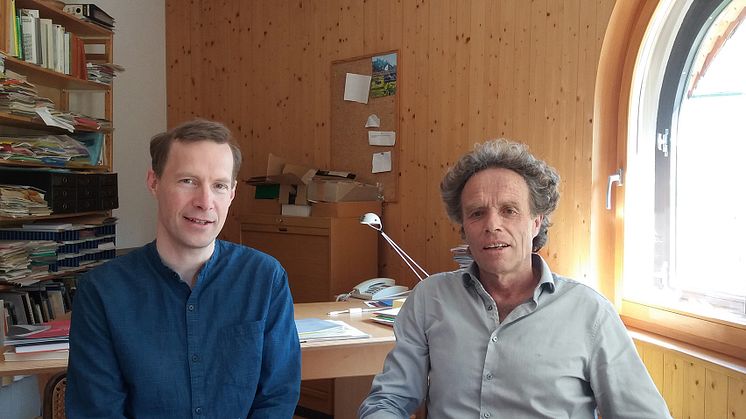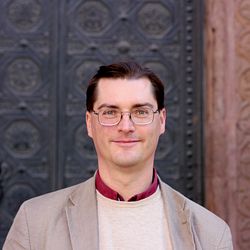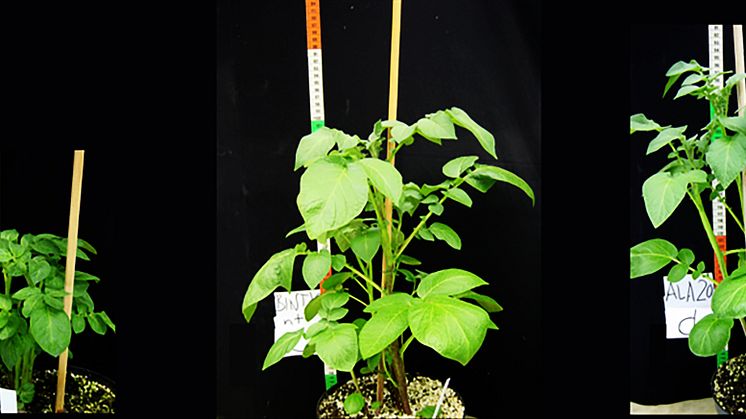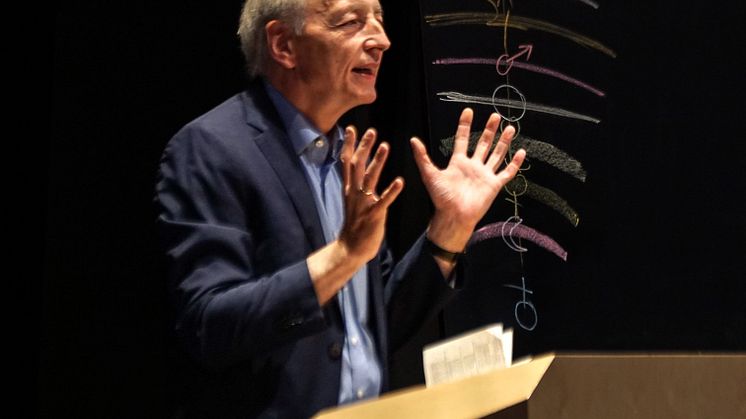
Press release -
Researchers are a part of research. New Leadership of the Natural Science Section at the Goetheanum
Goetheanum, Dornach, Switzerland, 14 April 2020
Researchers are a part of research
New Leadership of the Natural Science Section at the Goetheanum
Matthias Rang and Johannes Wirz are now leading the Natural Science Section at the Goetheanum. The two scientists, who have doctorates in physics and biology, will continue to develop the Goetheanistic approach of the Research Institute. Their research areas include optics and free will as well as genetics and bees.
Scientific research on one side, social impact on the other – science and its implications cannot be separated so neatly. Johannes Wirz: “We learn from Goethe that knowledge, not action, is already ethically relevant.” The molecular biologist and the physicist Matthias Rang are now heading the Natural Science Section at the Goetheanum.
The Natural Science Section specialises in the connection between the phenomenological approach according to Johann Wolfgang Goethe and the academic natural sciences. Since the application of a scientific finding always has social consequences, researchers themselves must be included as a factor. Their abilities determine what they discover and what potential applications they see for their results.
Hence, Johannes Wirz, together with Ueli Hurter and Peter Kunz, developed proposals for an understanding of seeds as common property. The biologist received his doctorate in molecular developmental genetics from the University of Basel, Switzerland, in 1987. He sees genetics as central to the evolution of all living things, “but not as a cause”: “The genetic material corresponds more to a text that plants, animals and humans interpret”. Using his beehives, the biologist is researching the health of the bee colonies with a series of studies that improve the vitality of the colonies and help to understand their resistance to the Varroa mite.
While completing his doctorate at the Bergische Universität Wuppertal, Germany, in 2015, Matthias Rang identified the views in the theory of colours of Johann Wolfgang Goethe and Issac Newton as two perspectives that complement rather than contradict each other. “Goethe and Newton are often seen as antagonists, yet they have many things in common, such as their empirical approach”, says Matthias Rang, who translates his findings in optics into exhibition concepts. He is also conducting research on questions of free will with neurologist Siegward Elsas from the Arlesheim Clinic in Switzerland.
(2303 characters/SJ; translation by Bettina Hindes)
Online science.goetheanum.org/en
Contact Person Matthias Rang, Johannes Wirz, science@goetheanum.ch
Related links
Topics
Categories
The Goetheanum is the headquarters for the School of Spiritual Science and the General Anthroposophical Society. The School of Spiritual Science with its eleven sections is active worldwide in research, development, teaching, and the practical implementation of its research findings and is supported by the Anthroposophical Society.




